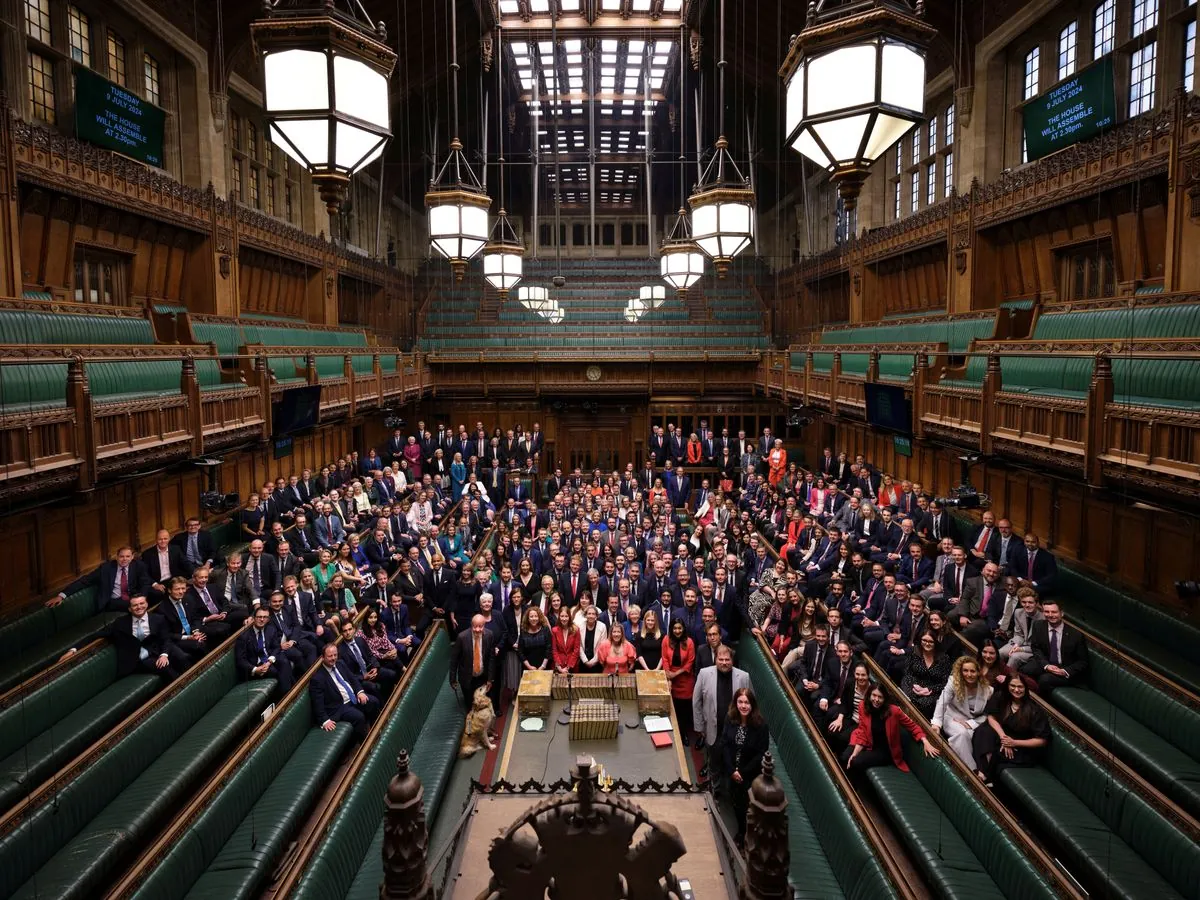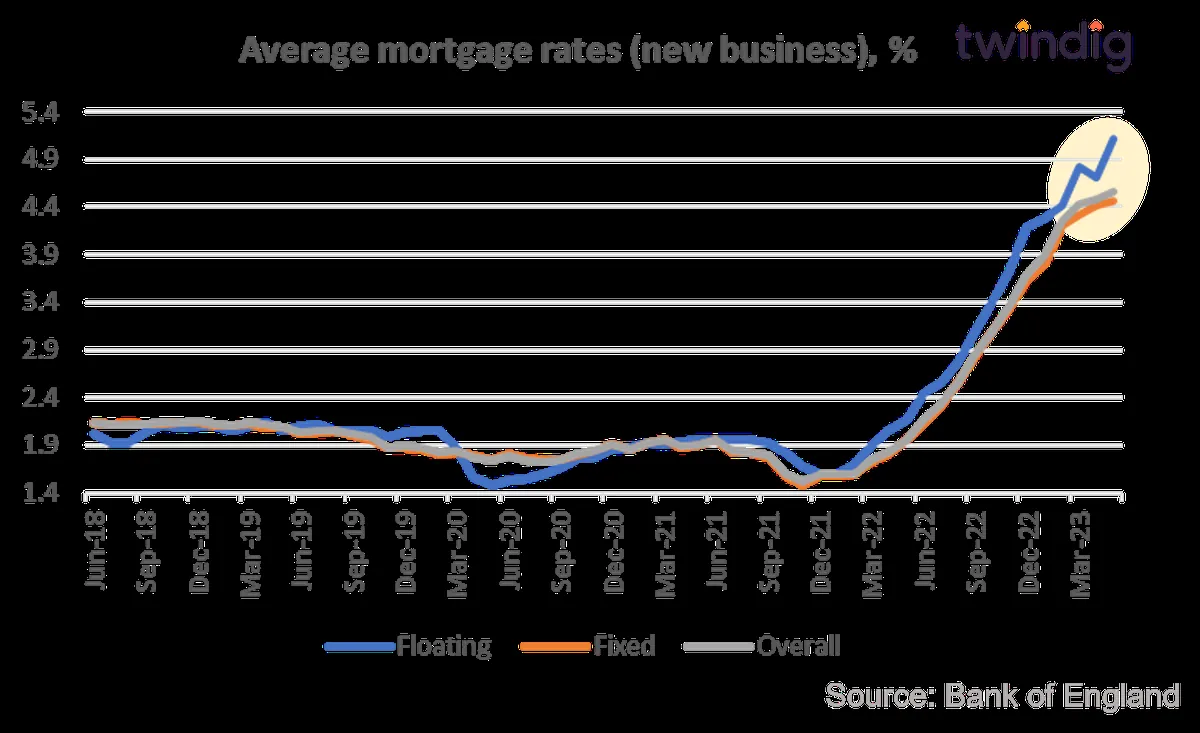First female Chancellor breaks records with controversial spending plan
In her first Budget speech the new Labour Chancellor sets out massive public spending increases and record-high borrowing plans. Economic experts question if UK can handle such big financial commitments

The first Labour Budget in about 14 years marked a ground-breaking moment when Rachel Reeves became the first-ever woman to deliver it (but her partisan tone didnt match the historic occasion)
The numbers are eye-catching: yearly public spending will jump by £70-billion while borrowing will go up by £142-billion in next 5-yrs. Tax levels have reached post-war peaks that surpass even those from the late 1940s; this could push interest-rates up by quarter-percent according to the Office for Budget Responsibility
During the election Reeves and her team made some bold-minded promises about economic growth and fiscal management but reality looks different now. The OBRʼs latest growth predictions show lower rates than what they forecast last spring: its quite a turn-around from Labourʼs pre-election talk about making UK the fastest-growing G7 nation
The new “borrow-to-invest“ strategy focuses on several key-areas:
- Health-care system upgrades
- Infrastructure development
- Power generation projects
- Digital-tech improvements
The long-term impact seems unclear - OBR thinks positive results wont show up until 2032‚ and even then its just a 1.4% boost over 50 yrs (thats if everything goes as planned)
Borrow borrow borrow‚ that is all they know and their answer to everything
Norman Lamont‚ who ran Treasury in early-90s points out that growth comes from innovation and individuals - not state control. He warns that high employerʼs national insurance and changes to inheritance tax rules might hurt business owners and farmers
The new governments approach reminds of Harold Wilsonʼs technology revolution plans but history shows such state-led industrial policies often dont work well in practice: we might be heading towards economic difficulties similar to those from 1970s





























